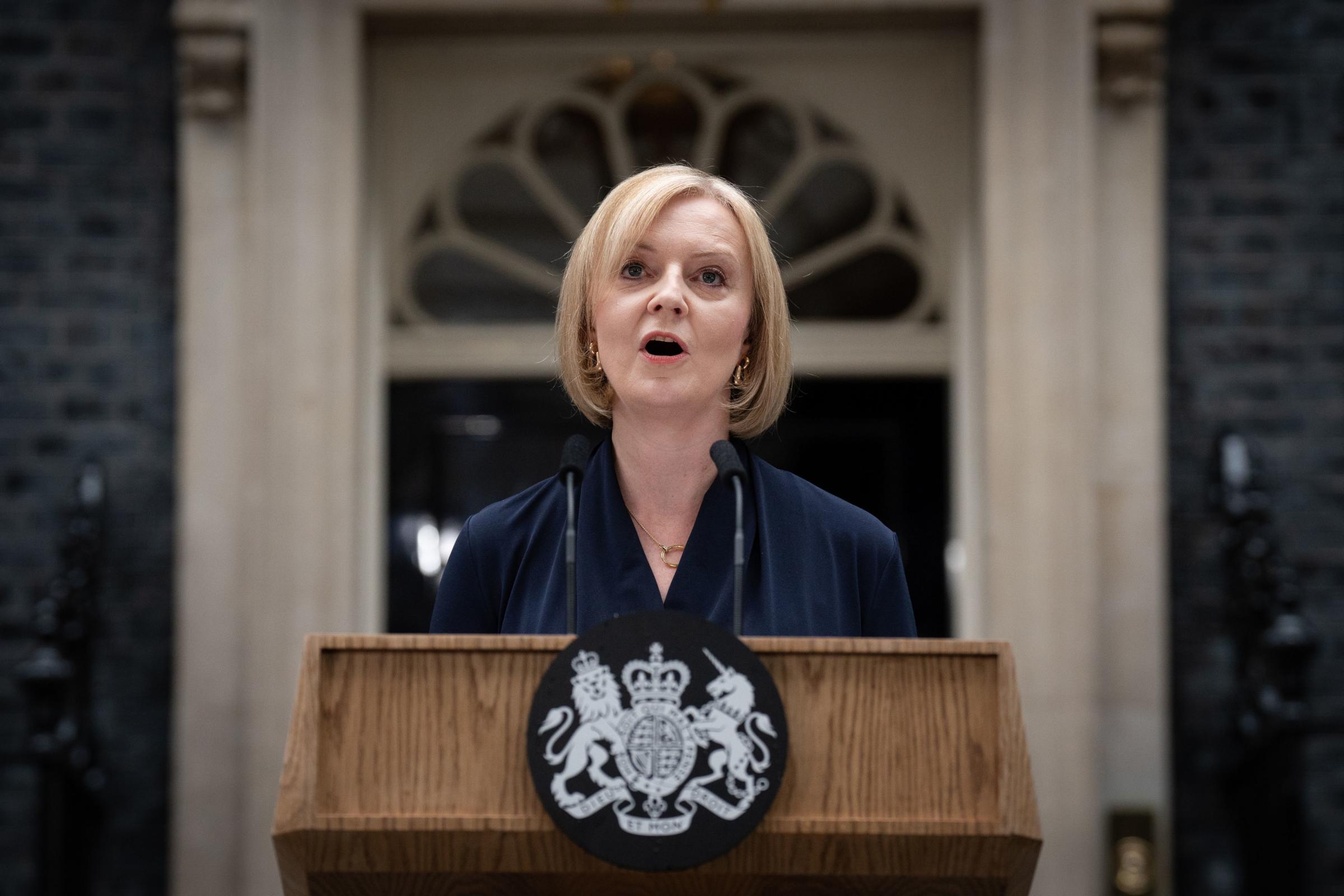
THE Prime Minister’s plans to mitigate catastrophic rises in the cost of living amount to a “Truss tax” which will saddle the country with debt instead of taxing energy giants profiting from the crisis, it has been claimed.
Liz Truss announced on Thursday “a typical household” would not pay more than £2500 per year for energy – significantly less than the expected rise of more than 80% predicted for October.
The guarantee is a maximum price per unit of gas and electricity, so households that consume more than the average will see their bills higher than that.
But instead of making oil and gas companies posting eye-watering profits pay for the cost of Government intervention, critics have said it will be left to ordinary working people to bear the brunt of increased support.
The Prime Minister has reiterated her opposition to a windfall tax on energy companies, with opponents saying the cost of extra support would need to be met by increased borrowing.

The cost of the scheme is thought to be around £150 billion, the cost of which it will be down to the “public” to pay, said the SNP’s Westminster leader Ian Blackford.
Trade unions have also condemned the plans, saying they merely “scratch the surface” of the level of support needed.
The Truss tax
Ian Blackford, the SNP’s Westminster leader, welcomed the news prices would be capped but said the Government had “put profit over people” by choosing to not tax energy companies more.
Scotland’s budget could also be harmed by the Government taking on more debt, Blackford added.
He said: “The Prime Minister’s plan means that the public pays. She has made the political choice to tax families instead of companies – to put profit over people.
“Instead of a windfall tax, she’s chosen a new Tory tax – the Truss tax.

“The Truss tax that means in the months and years ahead households and businesses will be punished with higher bills, higher interest rates and higher mortgage costs.
“A Truss tax means cuts to the vital public services that people rely on …
“A Truss tax means a threat to the Scottish budget, which the Scottish Government is using to protect our population and shield workers and public services as best they can.”
He has also called on the Government to increase Universal Credit by £25 per week, as well as a “fundamental overhaul of the energy market to break the link between the cost of gas and the price of renewable and low carbon electricity”.
Business support
Jacob Rees-Mogg, the new Business and Energy Secretary, said targeted support for businesses – not covered by Ofgem’s energy price cap – would be announced “shortly”.
He added: “All businesses on variable contracts whose fixed-price contract is coming to an end, all those businesses who have agreed a fixed price contract recently will be eligible to enter the new government-guaranteed contract.

“This will apply to businesses of all sizes and include schools, nurseries and care homes as well as manufacturers and retail.”
While Truss has promised her support package will knock down the rate of inflation – currently at 10.1% - Mel Stride, the Tory chair of the Treasury committee, has said that prices may in time be dragged back up by the measures and that a windfall tax “should at least be considered”.
Held to ransom
Fraces O’Grady, the general secretary of the Trades Union Congress, said: “The Prime Minister is making the wrong people pay.
"She should have imposed a much larger windfall tax on profiteering oil and gas giants, and she should have required all firms getting help with energy bills to commit to no lay-offs for the lifetime of the help, to protect livelihoods.”
Unite general secretary Sharon Graham said: “It is quite frankly remarkable that the Prime Minster is asking workers to pay for massive energy company profits. The economy is broken and workers will see through this plan to boost profiteering yet again.
“I don’t think the irony escapes many. The reason we are held to ransom now by an over-reliance on non-domestic energy is that a Conservative government privatised our energy.”
The GMB has criticised the Government’s failure to build new nuclear plants, something Truss did on Thursday while announcing the measures.
Her long-term energy strategy will see the ban on fracking lifted and she also pledged the UK to ramp up both North Sea drilling for oil and gas and the construction of new nuclear plants.
Truss said she hopes the UK to become a net exporter of energy by 2040, while reiterating the Government’s commitment for the country to be net zero by 2050.







